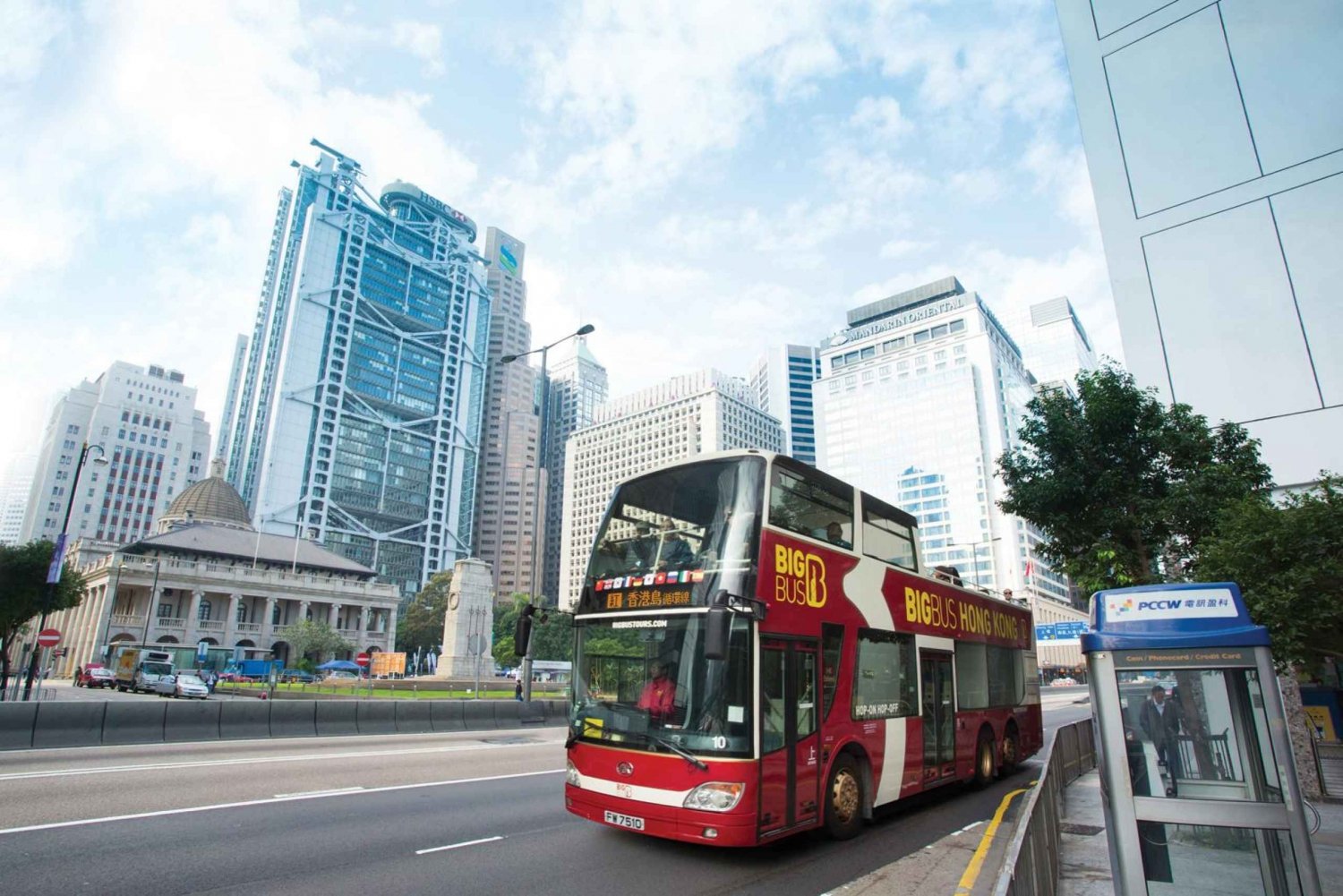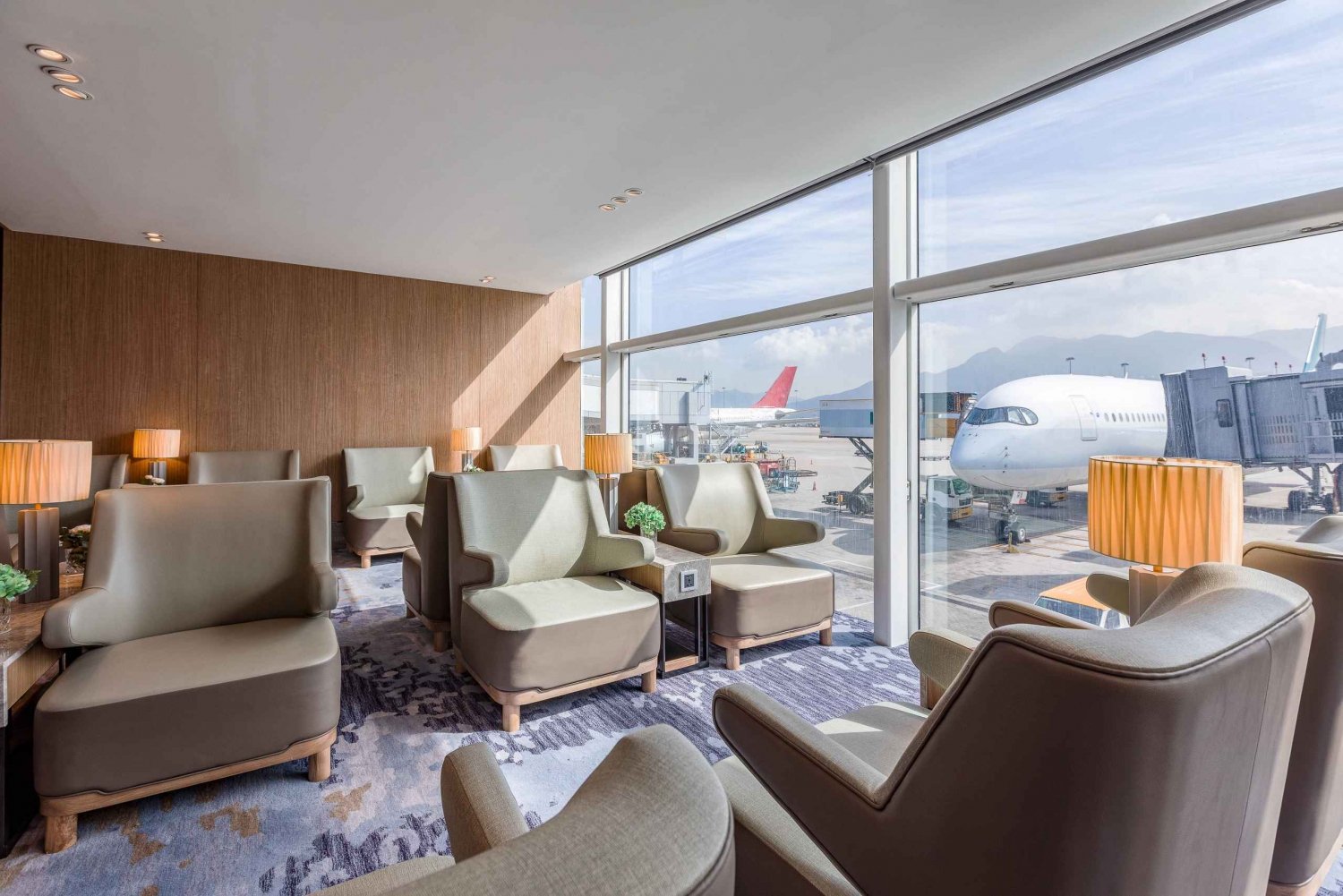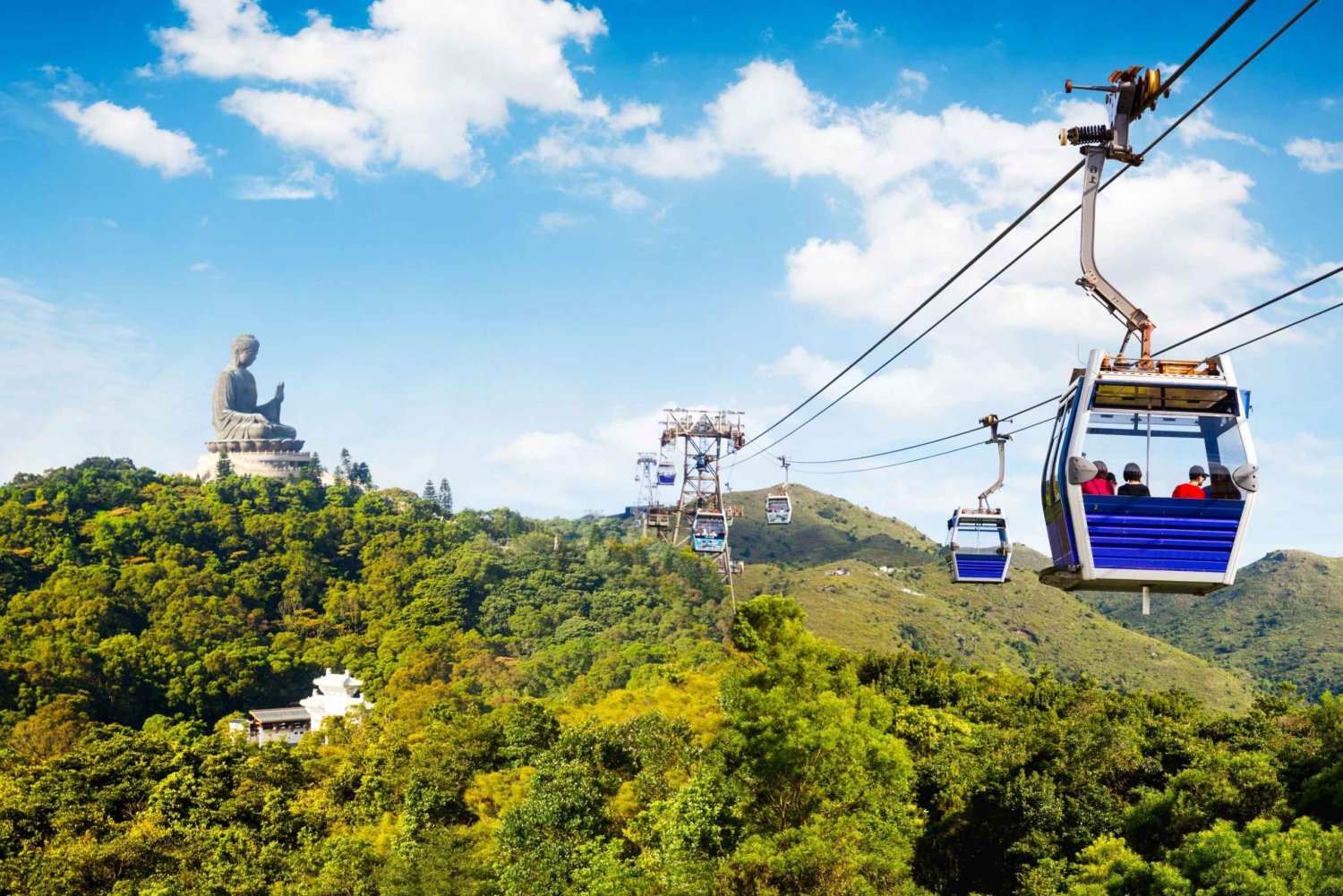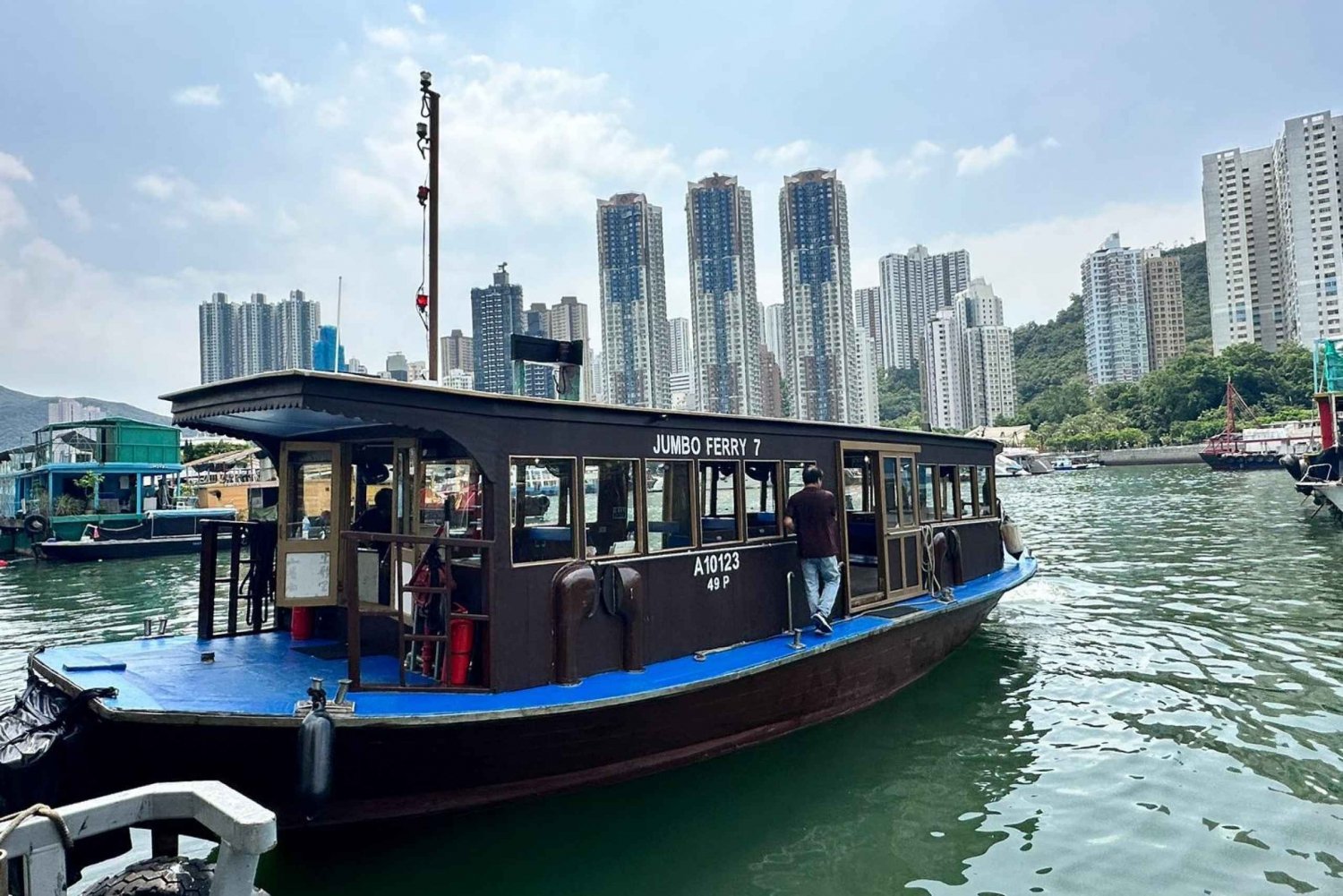Practical Info
Tipping
Tipping is not compulsory in Hong Kong. Most restaurants automatically add 10% service charge to their bills, which can always be seen in the receipts. However, in cases where a service charge is not imposed, it is common to leave up to HK$5 or a 10% tip for most Chinese restaurants.
When it comes to the people assisting you on your travel and accommodation, such as taxi drivers, bellboys, doormen and washroom attendants, small tips may be given as courtesy. The amount would be for your discretion but most taxi drivers are tipped from HK$2-5. Bellboys and doormen are tipped from HK$10 to as much as HK$20. Tipping for concierge is around HK$20.
Local Time Business Hours
Most of the shops and malls in Hong Kong open from 10am and close around 8pm at Central, 9:30pm at Causeway Bay and 10pm at Tsim Sha Tsui. Most restaurants open from 11am and close at 10pm. Exceptions for this common restaurant hours are Chinese Dim Sum Restaurants where food is served as early as 6:30am.
Note that districts with more restaurants and tourist activity centers tend to close at later hours to accommodate as many guests as possible within the day.
Banking hours are from 9am to 4:30pm during weekdays.
Post Offices
Should you need to send mail, you can purchase stamps at your hotel and ask the staff to post it for you. The main post office of Hong Kong Island is located at 2 Connaught Place, in Central District. In Kowloon, the main post office is located at 10 Middle Road. It is open Mondays thru Saturdays from 9am-5pm.
Water
It is generally advisable to boil tap water first before drinking it. Most hotels and other establishments in Hong Kong Island and Kowloon use a water purifier system. Service water served in restaurants is mostly distilled. In the rural areas, it is safer to drink bottled water.
Internet
Hong Kong has the highest household and commercial broadband penetration in the world, with more than 2.3million registered customer accounts for broadband internet access. Internet speed ranges from a 100Mbps to 1000 Mbps. Public Wi-Fi services are provided by both the government and the private sector, reaching a total of 9,000 Wi-Fi hotspots across Hong Kong.
Free Wi-Fi is common in Hong Kong such as within MTR stations, in McDonalds, Hong Kong Government buildings, and HSBC. In the MTR, computers with internet are usually located inside the station just before the train platform level. Should you prefer to rent, internet cafés are usually located near famous tourist spots, such as Sugar Street in Causeway Bay. Also, by purchasing a cup of coffee in a coffee shop (eg. Starbucks Coffee), you can usually get free Wi-Fi.
Electricity
Hong Kong uses 220 /240 volts and British Style 3-pinned, rectangular plugs. Should you not have one, you can request an adaptor from your hotel lobby.
Bargaining when Buying
Hong Kong may be known as having the best bargains when it comes to clothing and electronic gadgets, but be reminded that no bargaining is allowed in shopping malls or in chain shops. It is only common to bargain at street markets such as Ladies Market in Mong Kok. You can haggle for as low as 50% off the original price. It would help if you know a little Cantonese so that you can transact confidently with the merchants. Also, it’s better if you dress more like the locals while shopping since some merchants take advantage of tourists and don’t give much of a discount.
Dress Code
For casual strolls in the city, you can wear shorts and sandals. For women, casual shirts and pants, or leggings are commonly worn. Sleeveless shirts are not common, even in hot weather (maybe because once you enter the shops, the air-conditioner temperature is freezing!). For men, shorts are not really commonly worn by the locals. T-shirts are okay, but a polo shirt would look more presentable. Take note that if you have plans to dine at an expensive restaurant or hotel, wear something smart-casual such as long-sleeves or polo shirts and pants paired with leather shoes for men; and dresses, or blouses and skirts/pants mixed with closed shoes or heels for women.
If you are coming to Hong Kong for business, men usually need to wear a suit or a jacket – the usual corporate look. For women, a collared blouse or long sleeve matched with a skirt or slack would be best. Note that designer labels are viewed as important in Hong Kong, as they are high quality and classic styling clothing. Be well-groomed when attending business meetings.
For women, do not wear anything too revealing or else you will attract stares from people at public places especially in the train. Additionally, nude or topless bathing at the beach is considered offensive.
Top Experiences and Tours in Hong Kong
If youʻre booking your trip to Hong Kong last minute, we have you covered. Below are some of the top tours and experiences!





